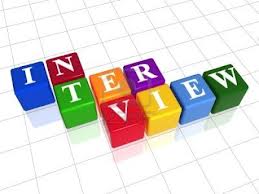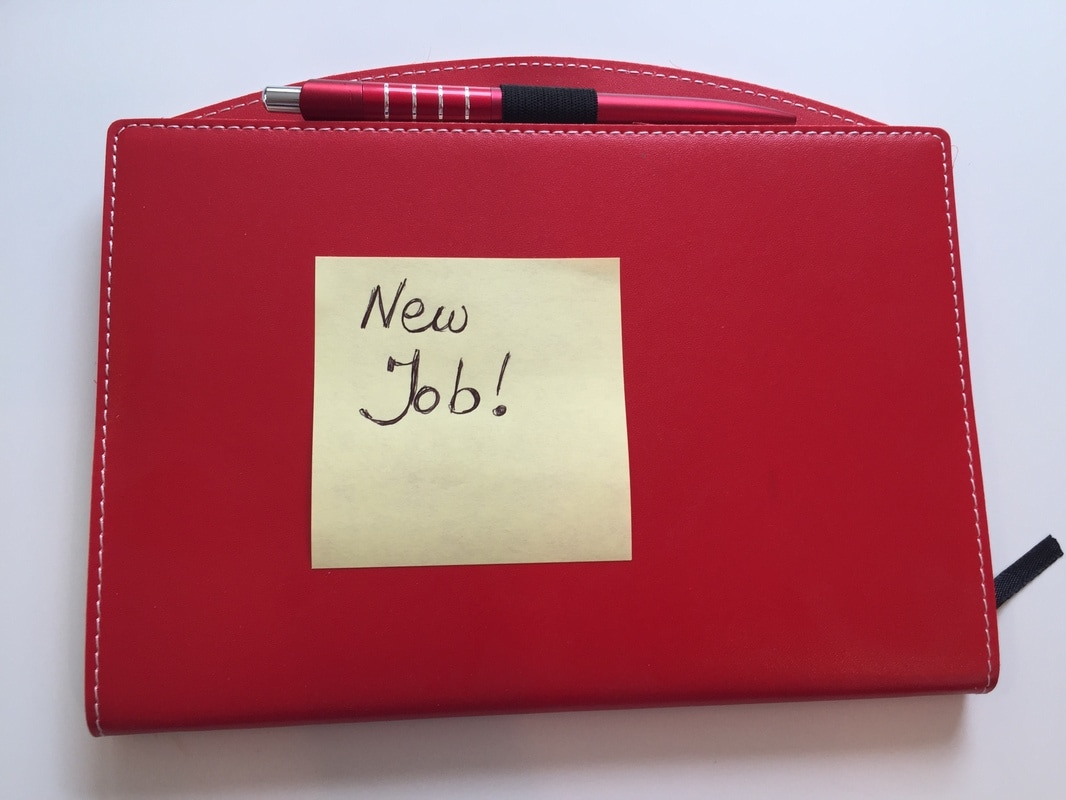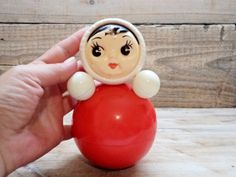
There are many times we can make missteps in the job search process – from resume typos to failing to attach a cover letter. But assuming you’ve checked and triple checked your resume, drafted a stand-out cover letter, and have proofread all of the key correspondence, your next challenge is to be ready to knock ‘em dead during the interview.
If you made it this far, you’ve likely met the basic requirements and qualifications for the position. Now is your chance to really shine and stand out from the competition.
Here are 4 mistakes you can avoid making during the interview phase to ensure that you are selected as the top candidate:
1. Being Late and Not Offering an Apology
Everyone knows that the first rule of thumb at an interview is to arrive on-time. Generally, on-time means arriving at least 10-15 minutes early to allow yourself time to get to the right place and be ready to greet your interviewer should they choose to start the interview a few minutes ahead of schedule. Arriving a few minutes early shows that you are organized, capable of managing your time and schedule, and respect the time the interviewer set aside to get to know you.
That said, given your best efforts and intentions, sometimes things happen that are outside of our control. Perhaps you left your house way ahead of schedule but there is an unexpected traffic jam, or a train delay. Or, maybe you got delayed going through security downstairs. And yes, there really could’ve been a small fire in your kitchen!
Whatever the reason, if you are late to an interview, you are probably worried that you’ve hurt your chances. You are right -- it doesn’t look good. But, it is not a deal-breaker provided you are honest, apologetic, and put your best foot forward during the rest of the interview. What’s much worse than being a few minutes late? Appearing that you don’t own up to your missteps, however minor (or unintentional) they may be.
2. Not Being Properly Dressed
This is a no-brainer, right? Of course you know that you must be properly dressed for an interview. Yet, it is surprising how many still assume that “properly dressed” can mean anything other than a suit (and tie, if you are a man).
In this day and an age, there are many companies that have moved beyond requiring traditional attire. In the more creative and entrepreneurial fields, it’s frequently accepted to wear casual (day-to-day) clothes to work. And you may have even heard advice that says that you should try to “match” the style of the workplace when you go on your interview.
This may be a well-intentioned but misleading advice. Leave the “matching” to the time when you’ve already scored the coveted job. While you are being evaluated for a position, it is always best to dress in formal wear.
3. Being Underprepared
It’s important to be confident going to an interview. When you believe in yourself, you are setting yourself up for success. However, sometimes feeling confident (or over-confident!) can backfire – particularly when we underestimate how much to prepare in order to do well.
Confidence and thorough preparation are not mutually exclusive. And in the case where you have to display your value in a short amount of time, they simply must go hand-in-hand.
There is really no way to over-prepare for a job interview. So, if you haven’t already thought through all of the interviewer’s possible questions and your responses, done a mock interview with a trusted friend or mentor, and thought of questions to ask about the company/role, then perhaps it makes sense to consider setting aside some additional time to prepare.
4. Having Body Language that Does Not Match Your Story
You’ve done your prep-work and showed up on time dressed as your best professional self. Now it’s time to share your story. You’ve heard it many times – a good first impression counts for so much. Stay calm and do your best. No pressure!
Even those of us with nerves made of steel, in this scenario, may feel the jitters coming on. It’s normal and natural to feel nervous, and it’s expected. Showing a bit of vulnerability will certainly not take you out of the running and anyone but the most unforgiving of interviewers will see it for what it is – excitement and genuine desire to get the job.
But there is a fine line between looking nervous and appearing inauthentic and it is the latter that you want to guard against. Inauthenticity is a turn-off and others pick up on it quickly when there is a mismatch between your words and your behavior.
There is not much you can do if you are truly pretending to be something you are not. Eventually, and probably sooner rather than later, it will become obvious.
However, if like many of us, you tend to temporarily crumble under pressure, staying aware of inadvertently sending negative non-verbal messages will help you remain in control. Fidgeting, shifting eyes, looking down instead of making eye contact are all examples of poor non-verbal communication – those behaviors may be perceived as signs that you lack the confidence in yourself and your skills. And that is a sure deal-breaker.
Be yourself, know the value you add, breathe and keep composure and you will be sure to shine!





 RSS Feed
RSS Feed